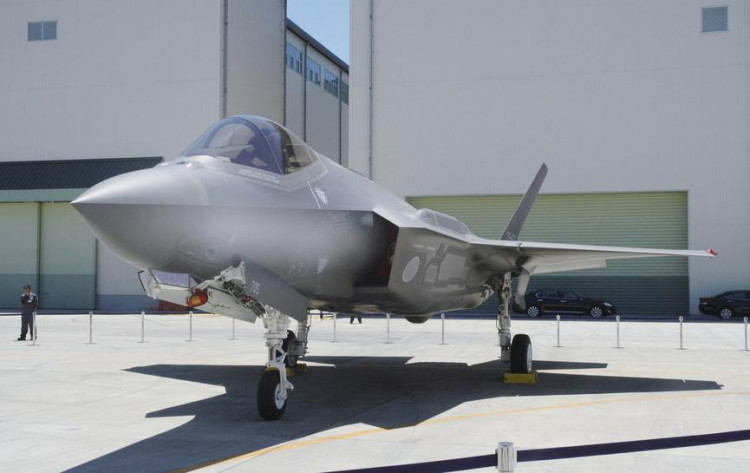The United Arab Emirates has threatened to back out of its multi-billion-dollar arms deal with the U.S. over its ongoing dispute with China. The UAE said it has temporarily suspended the deal to buy U.S. arms, including several F-35 fighter jets.
The decision underscores the UAE's frustration with the U.S.'s attempts to limit its dealings with China, particularly in its purchase of Chinese technologies. An Emirati official said that "sovereign operational restrictions" and its own "cost-benefit analysis" have led to its re-assessment of its deal with the U.S.
The UAE made it clear that it continues to consider the U.S. as its preferred provider for advanced military equipment, and it is open to discussions to reinstate the deal.
The arms deal was suspended a day after Israeli Prime Minister Naftali Bennett met with Abu Dhabi Crown Prince Mohammed bin Zayed in the UAE capital. It was the first official visit by an Israeli leader to the Gulf state.
The U.S. government has pressed the UAE to remove Huawei Technologies Co. from its telecommunications network, claiming that the Chinese company's equipment might compromise the security of the UAE's weapons systems.
UAE officials have remained skeptical about the U.S.'s assertions about a possible security breach and are concerned more about becoming embroiled in a "new cold war" between its major commercial partner and its key strategic ally.
Last week, Anwar Gargash, the diplomatic adviser to the UAE government, stated that the UAE is worried about the dispute between the U.S. and China and its impact on the country.
"What we are worried about is this narrow line between acute competition. I believe that we, as a tiny state, will be badly impacted by this, but that we will have no capacity to influence this competition in any manner, even positively," Gargash said.
The U.S. State Department stated that the White House remained "committed" to the arms deal, which was considered as a cornerstone of an August 2020 agreement between the UAE and Israel to reestablish diplomatic ties.
The sale of U.S. arms has been hotly contested in the Senate, with some senators voicing reservations about the agreement, which would entail the most modern U.S. armament ever given to an Arab state.
Pentagon spokesman John Kirby said on Tuesday that the U.S. was more than willing to negotiate with the UAE to resolve both countries' concerns. Kirby said the relations between the two nations are more "strategic and sophisticated" than just a single arms deal.





